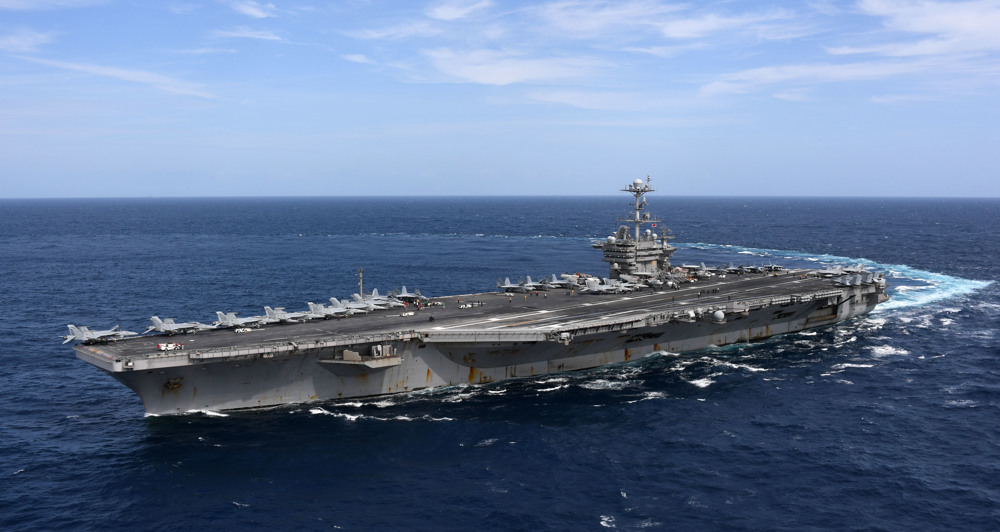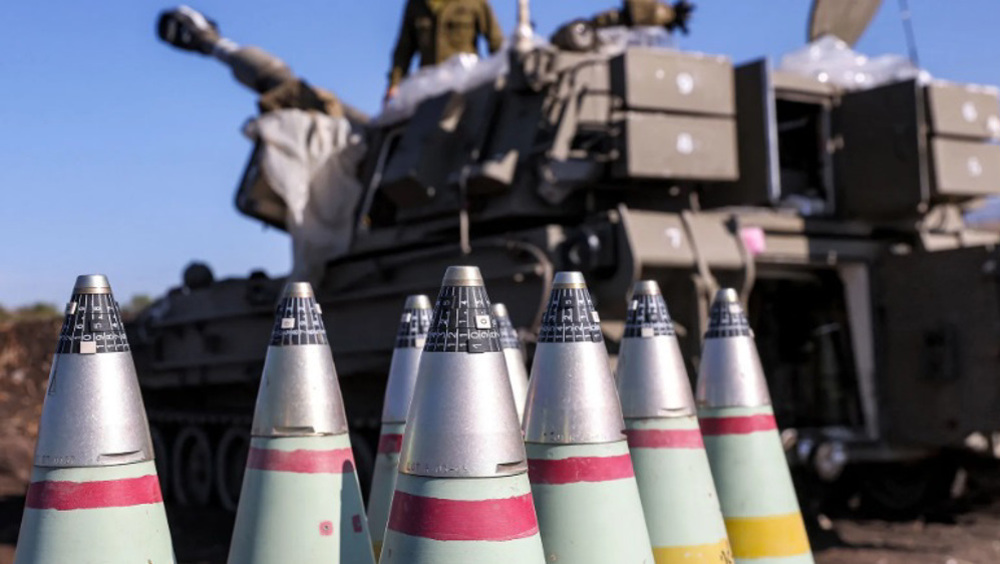Clinton said US would 'ring China with missile defense': WikiLeaks
Whistle-blowing website WikiLeaks says leaked documents show that US Democratic presidential nominee Hillary Clinton threatened to “ring” China with defensive missiles if Beijing failed to end North Korea’s nuclear program.
The revelation was made in the latest batch of hacked emails indicating that in a private speech on June 2013, the former secretary of state called China the biggest ally and supporter of a “provocative” North Korea seeking to develop nuclear weapons.
“You know, we all have told the Chinese if they (North Korea) continue to develop this missile program and they get an ICBM (Intercontinental Ballistic Missile) that has the capacity to carry a small nuclear weapon on it, which is what they’re aiming to do, we cannot abide that,” Clinton said at the time, according to the leaked data.
“We’re going to ring China with missile defense, we’re going to put more of our fleet in the area. So China, come on. You either control them or we’re going to have to defend against them,” she noted.

The release comes amid a row between China and South Korea over the deployment of the US Terminal High-Altitude Area Defense (THAAD) system, with Beijing opposing further militarization of the region and aiming to resolve the issue through dialog.
Pyongyang has pledged to develop a nuclear arsenal in a bid to protect itself from the US military, which occasionally deploys nuclear-powered warships and aircraft capable of carrying atomic weapons in the region.
These activities have concerned Seoul, a US ally, the most and prompted it to consent to the deployment of the THAAD system on its soil to further complicate the already volatile situation in the Korean Peninsula.
The system, which has infuriated the North, is scheduled to be installed by the end of 2017 to defend the South against what Seoul and Washington claim to be nuclear and missile threats from North Korea.
Despite such opposition, however, South Korean President Park Geun-hye has announced that the system is crucial to the country’s national defense and will go ahead as planned.

Furthermore, North Korea conducted its fifth and biggest ever nuclear test last month, saying it was meant to counter US hostility.
In January, Pyongyang said it had successfully detonated a hydrogen bomb and vowed to build up its nuclear program as deterrence against potential aggression from the US and its regional allies.
A month later, Pyongyang launched a long-range rocket, which it said placed an earth observation satellite into orbit. Washington and Seoul denounced it as a cover for an intercontinental ballistic missile test.
North Korea says it will not give up on its nuclear deterrence unless Washington ends its hostile policy toward Pyongyang and dissolves the US-led command in South Korea. Thousands of US soldiers are stationed in South Korea and Japan.
VIDEO | Press TV's news headlines
VIDEO | Iran honors top Science Olympiad medalists
VIDEO | Austrians arrested at Gaza protest in Vienna
10 killed in bus crash in western Iran
VIDEO | One-man-band journalism with Civili
5 Israeli forces killed as Palestinian fighters face up to regime’s war machine
VIDEO | An insider's view of the country: Persian Tahini, Royan in Mazandaran
VIDEO | Israeli settler killed during strike against Tel Aviv; fresh aggression targets Yemen’s capital













 This makes it easy to access the Press TV website
This makes it easy to access the Press TV website